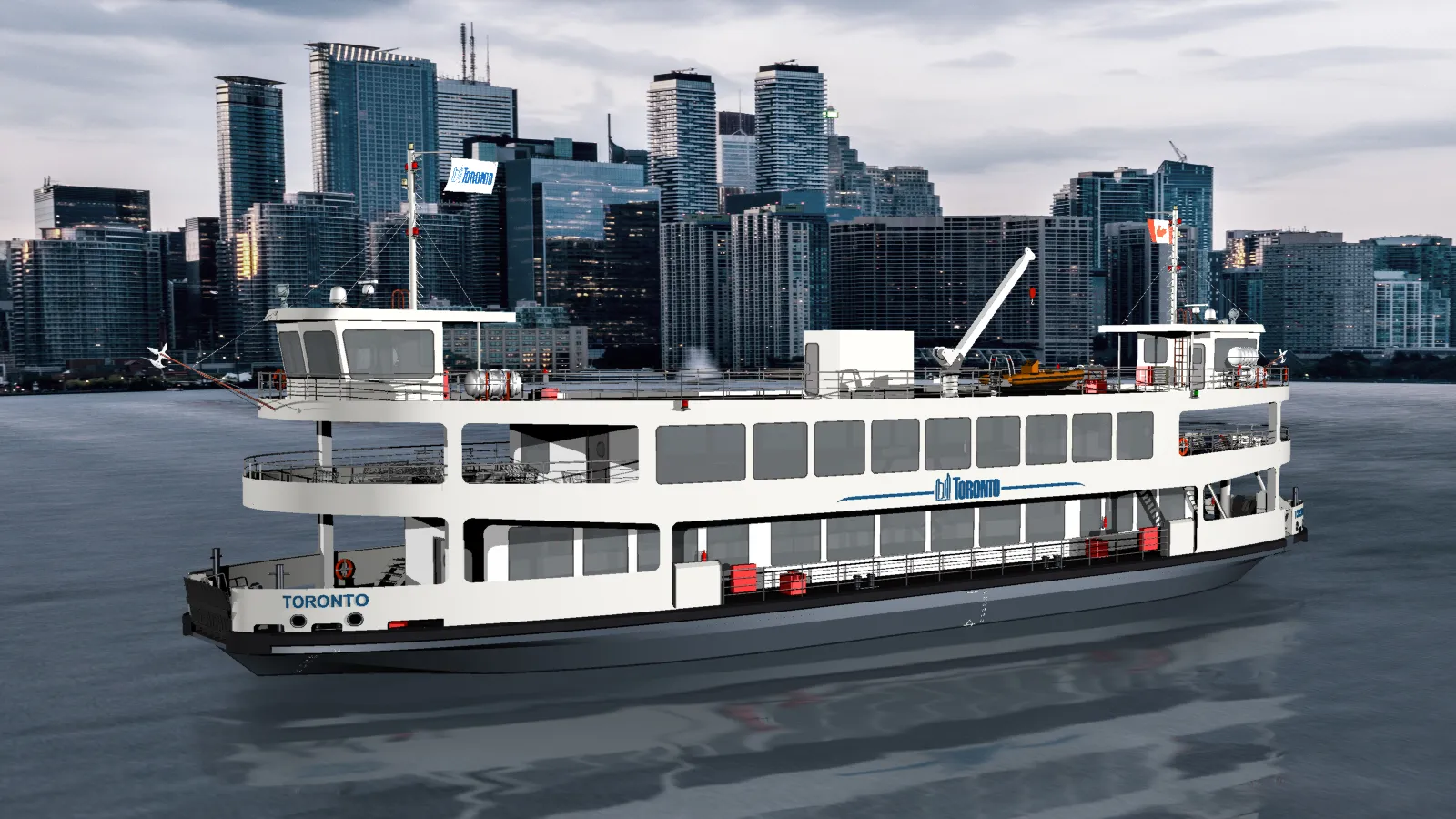
Transport planning needs to 'unhook' people from car dependence and give them more sustainable travel choices, according to a report.
This is one of the key findings within Transport Planning Society (TPS)s State of the Nations: Transport Planning for a Sustainable Future.
Its recommendations are based on a review carried out by the UK University of Hertfordshire's smart mobility unit into travel trends and behaviours, current government policy, regional transport planning, spending and investment and transport taxes to charges.
TPS chair Stephen Bennett says the research "makes clear that to create a sustainable system and healthier places for people, we need to release ourselves from car-dependency".
"That means government seriously shifting resources to sustainable transport, ensuring this is integrated with the planning system and reducing the cost of using public transport," he adds.
The report says the coronavirus pandemic has created an opportunity for the transport planning profession and policymakers to consider what changes could be made to create a sustainable transport system.
In a separate recommendation, TPS insists transport policies need to provide a clear route map to net zero carbon emissions by 2050 and to meet the five-year carbon budgets set under the UK's Climate Change Act.
This will involve strategies that reduce travel through better planning, shifting travel from low occupancy motor vehicles to sustainable transport and electrifying and improving motor vehicles, the society adds.
Additionally, TPS welcomes the government’s approach to funding local and city-region transport authorities, but wants to see this work extended elsewhere to reduce what it calls the “fragmentation and complexity of transport decision-making”.
Elsewhere in the report, the society is calling for a reform on transport funding which would withdraw transport projects which increase carbon emissions and increase funding for low and zero-carbon transport projects.
Governments should give transport planners the policies, tools, funding, data and freedoms to improve the transport system for all users, it concludes.
Dr Scott Copsey, director of the University of Hertfordshire's smart mobility unit, says the report was written as the impact of Covid-19 was felt across the country but emphasises the main challenges the sector faces remain the same, particularly on decarbonising transport.
“To reduce transport emissions in Britain, the way we travel must significantly change,” he continues.
“There needs to be a reduction in car and other vehicle travel, as well as a move towards electric vehicles.”










